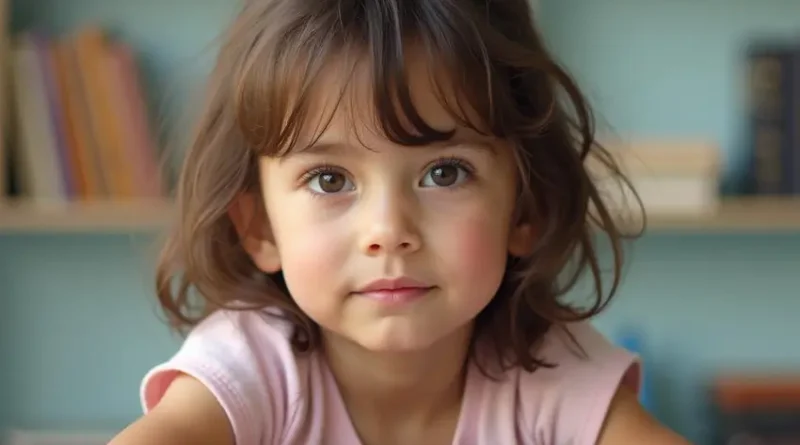How to Help Children Cope with Stress and Anxiety
In today’s fast-paced world, children face a myriad of challenges that can lead to stress and anxiety. From academic pressures to social dynamics, it’s crucial for parents, caregivers, and educators to recognize and address these feelings. Here’s a comprehensive guide to help children cope with stress and anxiety, promoting resilience and emotional well-being.
Understanding Stress and Anxiety in Children
First, it’s important to understand that stress and anxiety are natural responses to challenging situations. While a certain level of stress can motivate children to perform better — like studying for a test or preparing for a sports game — excessive stress can be overwhelming and detrimental. Common sources of stress in children include:
- School pressures (homework, exams, and grades)
- Social issues (bullying, peer pressure, and friendship dynamics)
- Family changes (divorce, moving to a new home, or a family member’s illness)
- General life transitions (starting a new school or adjusting to new routines)
Signs of Stress and Anxiety
Being able to identify when children are stressed or anxious is key to helping them. Look for signs such as:
- Changes in mood or behavior (irritability, withdrawal, or tearfulness)
- Physical symptoms (headaches, stomachaches, or fatigue)
- Changes in sleep patterns (difficulty falling asleep, nightmares, or excessive sleeping)
- Declined interest in activities they usually enjoy
Strategies to Help Children Cope
Here are effective strategies to equip children with the tools they need to cope with stress and anxiety:
- Open Communication
- Teach Relaxation Techniques
- Encourage Healthy Routines
- Promote Problem-Solving Skills
- Limit Exposure to Stressors
- Model Coping Strategies
Encourage children to express their feelings. Make it clear that it’s okay to talk about what’s bothering them. Active listening is key — validate their feelings by saying things like, “I understand that you’re feeling stressed about your test.” This lets them know they’re not alone in their struggles.
Simple relaxation techniques such as deep breathing exercises, progressive muscle relaxation, or mindfulness meditation can be very effective. For example, guide them through deep breathing by inhaling for a count of four, holding for four, and exhaling for four. Practicing these methods together can provide comfort and enhance the bonding experience.
A consistent daily routine establishes a sense of safety and predictability. Ensure your child gets enough sleep, engages in regular physical activity, and consumes healthy meals. Physical activity is particularly effective for reducing anxiety, releasing endorphins, and improving overall mood.
Help children develop problem-solving skills by guiding them in evaluating their stressors. Use role-play scenarios to practice responses to stressful situations, whether it involves handling a tough math problem or confronting a bully. This empowers them with the skills they need to tackle challenges when they arise.
Whenever feasible, limit exposure to stressful environments. For instance, if school or social situations are particularly taxing, work with educators or other parents to create a more manageable setting for your child. This could include advocating for a structured break during a stressful class or ensuring supervision during social gatherings.
Children often learn through observation. Share your own coping strategies with your children; whether it’s taking a walk, engaging in a hobby, or talking with friends or professionals. This shows them that even adults experience stress and that it’s completely normal to seek ways to manage it.
When to Seek Professional Help
If stress and anxiety persist despite implementing coping techniques, or if they interfere significantly with daily activities, it may be time to seek the help of a mental health professional. Therapists specializing in child psychology can provide tailored strategies and support suited to your child’s needs.
Involving schools in the conversation about your child’s needs is also beneficial. Schools often have counselors or resources available to help children navigate difficult emotions.
Ultimately, helping children manage stress and anxiety is about providing them with the tools and resources they need to feel secure, understood, and empowered. As they develop these skills early on, they are more likely to carry them into adulthood, supporting their overall mental health and resilience.

